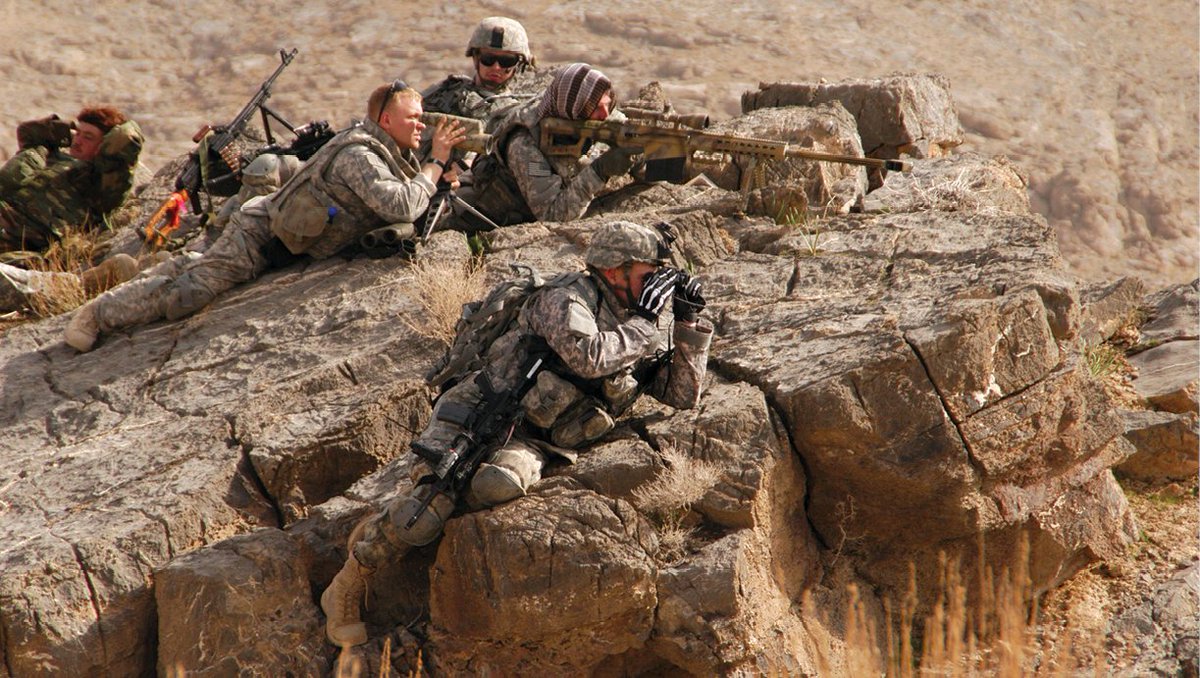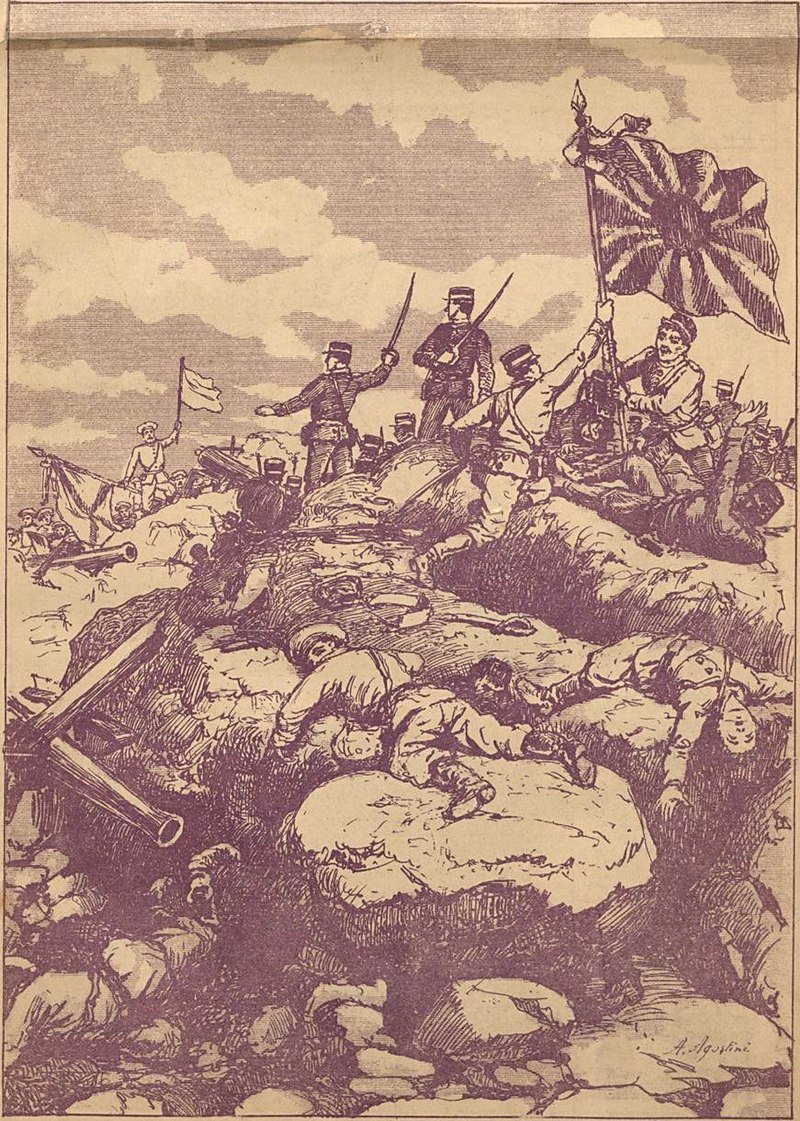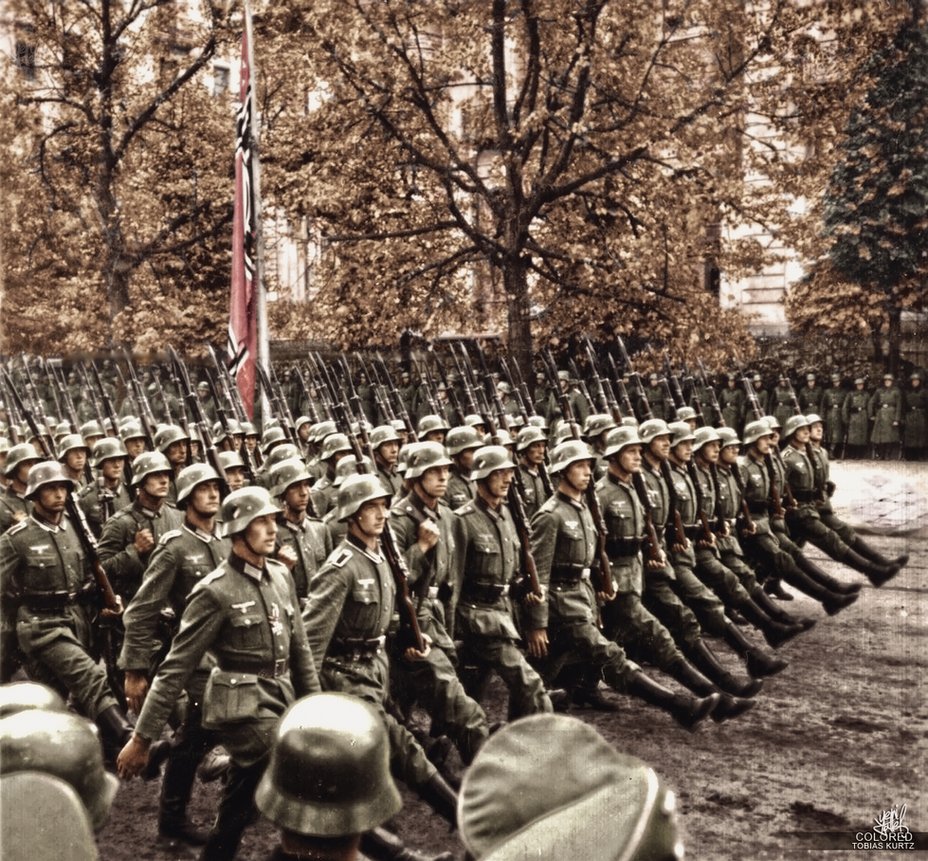The Russian Army just blasted open a 12-kilometer hole in the Ukrainian front line and captured more terrain in a week than Ukraine has in the last two months of their counteroffensive.
Let's talk about it. ⬇️
Let's talk about it. ⬇️

This is part of a general Russian push in Lugansk north of the Seversky Donets river that has been going on for about the last two weeks. Smaller gains have been reported in the far north near Kupyansk as well as in the Serebryanski Forest along the river to the south. 

It's noteworthy that "O Group" - the same Central Military District grouping that seized the Liman area last spring - has suddenly resurfaced in reporting from the front.
They're probably quite familiar with the terrain.
They're probably quite familiar with the terrain.

This push started small, with a modest bridgehead forced over the Zherebets River (a small water obstacle along which part of the front has run for the last several months) around July 17th.
The initial lodgment was tiny (about 2x2km), but the Russians kept up the pressure.
The initial lodgment was tiny (about 2x2km), but the Russians kept up the pressure.

On July 19th - two days after establishing the initial bridgehead - the Russians forced another, smaller one a couple kilometers north.
This gave them some additional room to work with and endangered Ukrainian positions now caught between the two pincers.
This gave them some additional room to work with and endangered Ukrainian positions now caught between the two pincers.

By July 22nd additional attacks had expanded the northern bridgehead about two kilometers west, to the point the crossing site was no longer under serious threat from direct fire.
At this point the Ukrainian defenses in the area began buckling, despite reserves being sent in.
At this point the Ukrainian defenses in the area began buckling, despite reserves being sent in.

On July 23rd the Russians managed to link up both bridgeheads and start pushing west. Ukrainian forces began retreating as their flanks were exposed and they were threatened with encirclement.
The Russians forced another small bridgehead 5km north the next day.


The Russians forced another small bridgehead 5km north the next day.

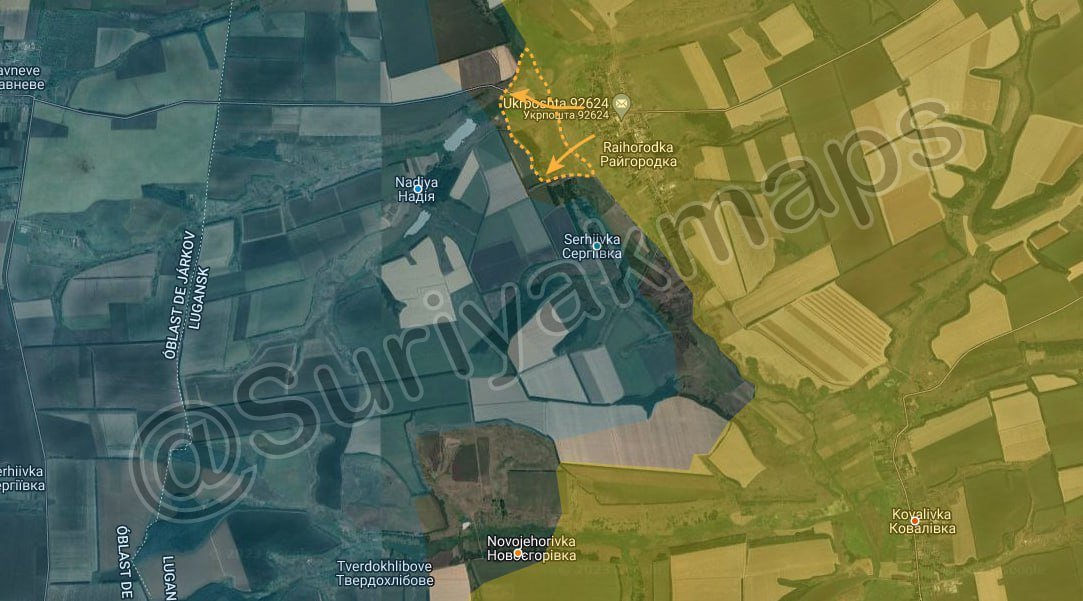
This small bridgehead developed into a large thrust yesterday, gaining more terrain in a matter of hours than had been seized in the entire weeklong battle to that point.
Although fierce fighting developed further south, there seems to have been little resistance to this attack.
Although fierce fighting developed further south, there seems to have been little resistance to this attack.

I expect the Russians will continue developing this attack into a general push to the Oskol River, which will set conditions to easily move on eastern Kharkov and western Donetsk oblasts as the Ukrainian counteroffensive peters out. 

Which, speaking of the Ukrainian counteroffensive, it's noteworthy that the Ukrainians do not seem to have effectively responded to this breakthrough yet.
I suspect they have two interrelated problems:
I suspect they have two interrelated problems:
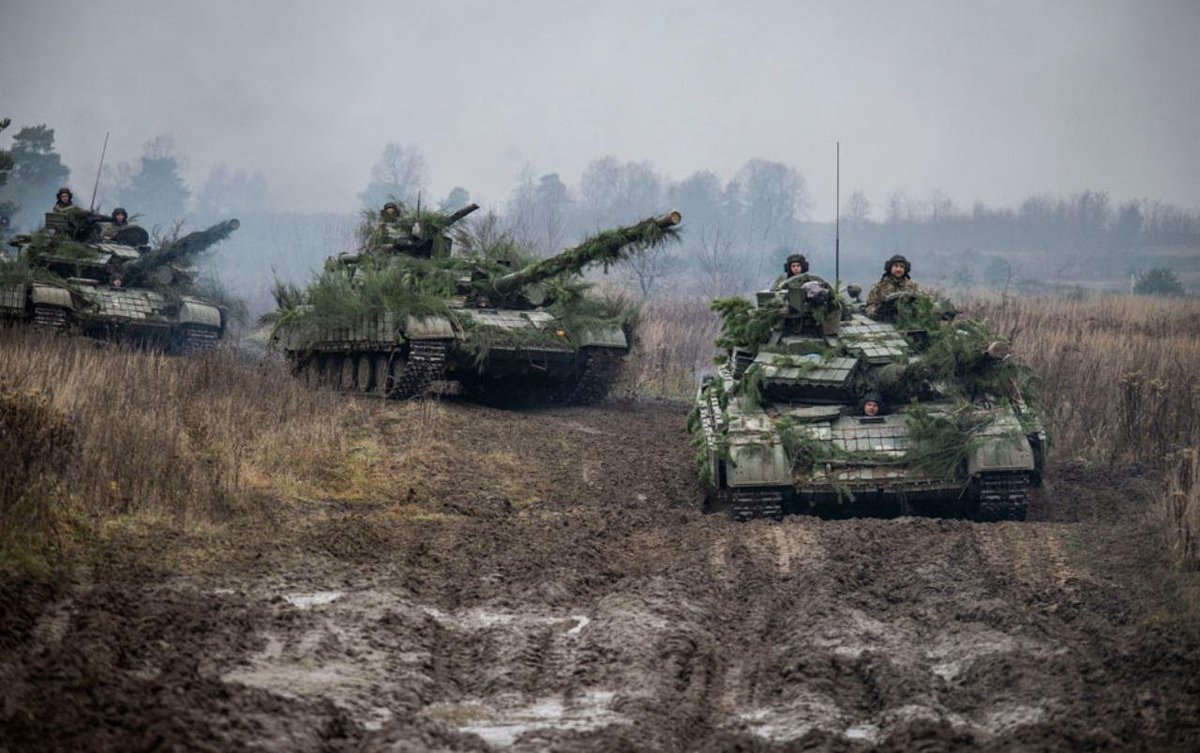
1. Their most combat-capable brigades have been mauled during ongoing and very unsuccessful offensives in Zaporozhe and on the Bakhmut flanks.
While there are probably a couple elite brigades in deep reserve (we haven't seen Challenger 2s yet), deploying them would uncover Kiev.


While there are probably a couple elite brigades in deep reserve (we haven't seen Challenger 2s yet), deploying them would uncover Kiev.


2. Their "line" brigades are by now filled with poor-quality conscripts and badly underequipped - the kind of units the Wehrmacht would classify as "fit only for defensive operations" where they can shelter in fixed fortifications. They will fare poorly in mobile warfare. 

So how are the Russians doing this? I've seen no evidence of any new tactics or huge reserves introduced - they seem to be simply applying their now-well honed tactical methods on a large scale to seize lots of ground.
I did a related thread earlier:
I did a related thread earlier:
https://twitter.com/ArmchairW/status/1658675489987514369?s=20
It's very noteworthy just how low-key and competently-done this attack has been thus far. There have been no movie trailers and no minefield traffic jams - just a methodical, silent push through the Ukrainian defensive line with, as near as I can tell, few Russian losses. 

• • •
Missing some Tweet in this thread? You can try to
force a refresh

 Read on Twitter
Read on Twitter




